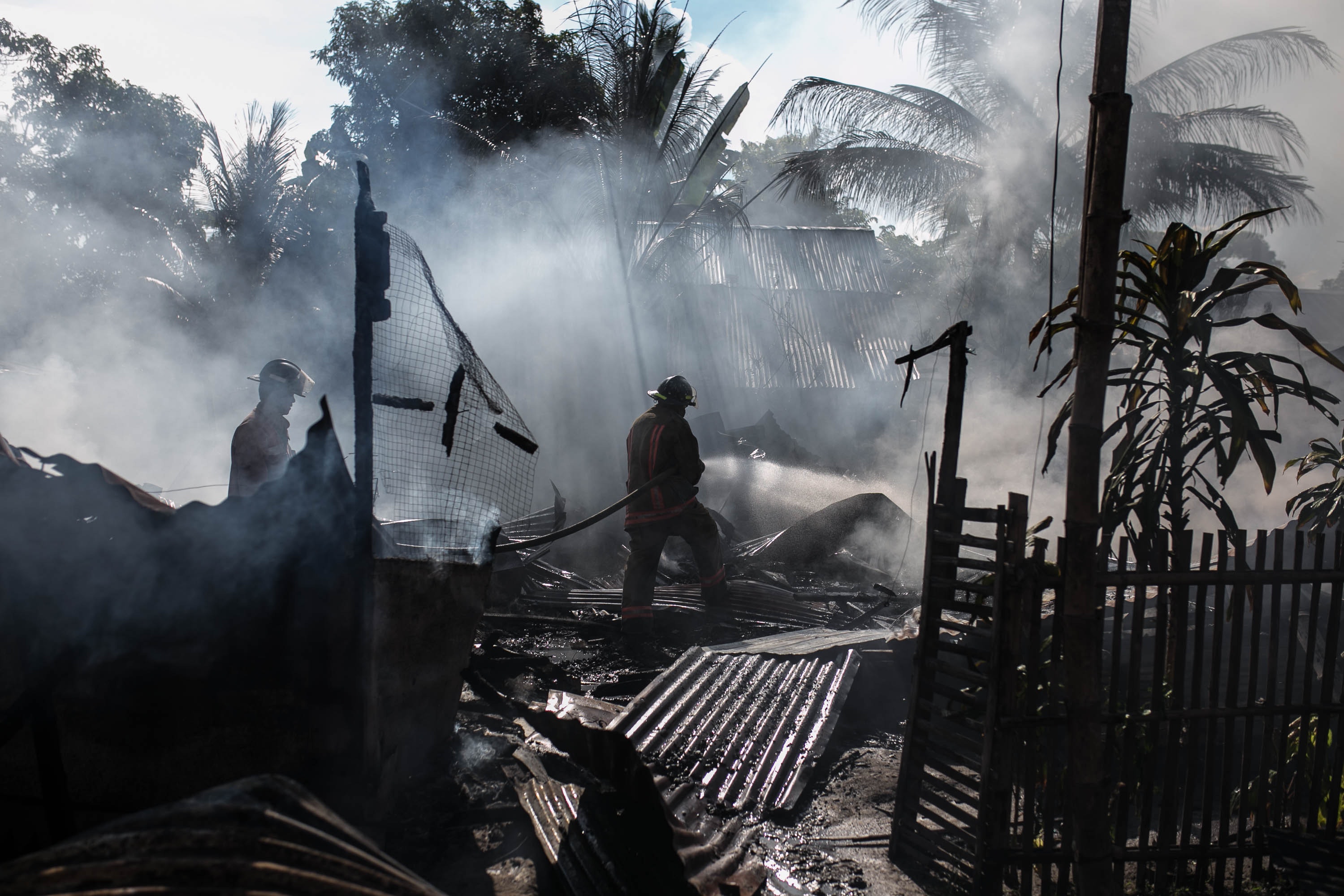Posted: 12 October 2021
“Apocalypse now”

When it seemed that things were getting better regarding the pandemic thanks to mass vaccinations, in August, everything started to move in the wrong direction again, bringing back a great sense of impotence, the virus variants, the Earth burning, the Afghanistan crisis, the Haitian earthquake, flooding in Nepal, ice caps melting now faster than ever, and unsustainable heat waves. In the meantime, new policy events and documents have surfaced: the sixth report by the IPCC was published, the G20 happened, and the European Commission has presented its latest package of reforms denominated “Fit for 55”, which is considered the most remarkable initiative of climate policy ever put into motion under the Green New Deal.
With the COP26 in the display, all of this is scheduled for November in Glasgow, and Italy will hold vice-presidency. Fit for 55 covers all measures necessary to reduce emissions by 55% compared with 1990’s levels in the upcoming ten years to respect the goal of climate neutrality by 2050. The Commission must first find a balance between the different positions held by the member states and will then have to establish new relationships with countries that are supplying them with energy and products.
Most of the internal resistance comes from a group from Visegrad. Poland is unwilling to give up coal; Orban’s Hungary is also dependent on Russia as its exclusive energy supplier. An interesting and significant change in the Commission’s new strategy is revising and broadening the Emissions Trading System (EU ETS).
This change will probably see the birth of a parallel twin mechanism that will cover the sectors of road transportation and buildings, which are together accounting for over 30% of the Union’s emissions. The original ETS, in the meantime, will get tightened around aviation and shipping.
There will be modifications in the directive on renewable energy. Moreover, a new border carbon tax will be implemented to prevent delocalization while protecting the European industry. Member states have expressed concerns regarding the extensions of the EU ETS to road transportation and buildings. Their concerns are due to potential social costs that this might be bringing, including a sharp increase in fuel and heating prices. This argument has been a pretty controversial and delicate point because, from one side, the reform appears indeed necessary to push decarbonization. At the same time, it bears the risk of provoking a profound impact on the poorest portion of the European population.
For these reasons, the Commission proposed the institution of a social fund, which would be dedicated only to this transition. The financing of funds would be coming from revenues generated by the new ETS for seven years (2025-2032). Meanwhile, under the Italian presidency, the G20 summit in Naples led the way to the COP26, concluding with quite a disappointing document that didn’t address the focal points on climate policy development after the Paris Agreements. There is no mention of the necessity of keeping rising temperatures below 1,5 degrees within 2030 and about the coal phase-out before 2025. However, the summit recognized the tight correlation between climate, energy, environment, and poverty towards a “decarbonization that now cannot be delayed.”
As stated in the latest IPCC report published last August, the climate crisis has now reached a no-return point. We are facing extreme and more frequent events. We are very close to the +1,5 degrees in average temperatures around the globe (which we will reach by the middle of the century). However, it is stated that the anthropogenic contribution to climate change will also halt by crushing net emissions, and temperature changes might start moving in the opposite direction. We must reach net-zero by 2050; to do so, we need to triple investments in renewables by 2030 and introduce significant changes in the economy and society.